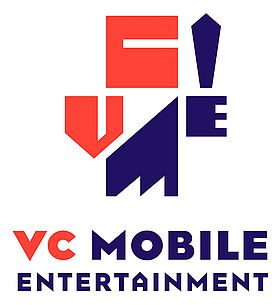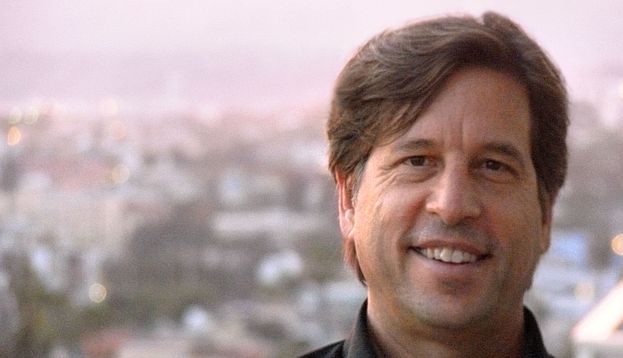The world’s largest game company, Tencent, continues to make advances into the West to lay the groundwork for further growth in the future. Tencent’s approach has been mostly indirect — the company has made major investments in successful companies like Riot Games, Activision/Blizzard, and Epic Games. Tencent’s also investing in creative startups, like gaming veteran Jon Van Caneghem’s VCME, which recently came out of stealth mode with a Series A investment round totaling $4.5 million that included investments from Tencent and Pacific Sky Investments. The new Los Angeles-based development and publishing company is currently developing its first mobile title, which it will publish in 2015.
Jon Van Caneghem, the award-winning game designer and former founder of New World Computing and Trion Worlds, started VCME in 2014 and is its CEO. “We’ve seen some amazing mobile games come to market in the past few years, but we also see a lot of areas where the gameplay is ripe for new innovation,” said Van Caneghem. “The assistance of our partners and the experience of our talented team will enable us to explore those new areas and build a new generation of mobile games for phones and tablets. Stay tuned for more information on our upcoming title.”
Tencent is investing in a gaming veteran with a proven track record of hits like Heroes of Might and Magic in his portfolio, which seems like a pretty good bet for creating a new, successful game. Van Caneghem spoke with [a]listdaily at the recent Electronic Entertainment Expo (E3) show about his plans for mobile and why he thinks it’s such a great opportunity.

What led you to create a new game studio after so many years working for major game companies?
I started this studio over a year ago. I’ve been watching the mobile space for years now, on tablets and phones. A lot of people were telling me ‘Dude, you have to play this game — it’s just like stuff you did in the past on PC! It’s really making a giant comeback, but now it’s on a different device.’ I went, yeah, yeah, but then I started playing and got totally addicted to all these different games. I decided all right, we’ll start a studio, grabbed a bunch of people from EA and we started working on our first game. I really believe in this space, it’s such a worldwide audience. Back in the day interviewers would ask me ‘What’s your favorite device ‘ and I’d say ‘Just tell me where the gamers are.’ Because I’ll build a game wherever they are. Now, when I look at the numbers, it just staggers me. Now hundreds of millions of gamers can access your game.
What are the advantages of a mobile game studio versus the kind of studios you’ve run before?
It’s a smaller team size, it’s not 300 people for three years. A dozen or so people can build a really top-quality product in a year. That just reminds me of where I think my sweet spot was when I was making my better PC games.
What sort of game are you looking to build, and how did you wind up with investment from Tencent?
I want to take elements of RPGs and strategy and bring it to the mobile space, in an area that people already know about. I started working on this game, iterating and iterating, and it got to be pretty cool. It was ironic — I changed my LinkedIn from ‘startup in stealth’ to ‘VCME’ and I started getting calls from people I hadn’t talked to in years. The most exciting one was from some people I met at Tencent when I was at EA and later Trion. They said ‘Hey, what are you doing Does it happen to be in mobile Because we’re really excited about mobile and if someone like you is building a mobile product we’d be very interested.’ To have a partner like that is a big step up for us — they’re the biggest game company in the world, and they really understand all the metrics and the market in China. It’s a really great opportunity.
How important are the social connections between gamers, and fostering that in your game?
The social element is important. The social element is important, especially being able to connect with your friends. I was amazed at the social connectivity Candy Crush had, and it was amazingly addictive. You saw your friend’s Facebook page up twenty levels, and you had to get ahead of them even if you went and paid money. I don’t know if you necessarily need a real-time connection, but there are so many things you can do that don’t require that.
How are you planning to tackle the core marketing problem of mobile games these days — getting discovered when there are so many other games out there?
Obviously we’re hoping that the previous following on games we’ve built before is going to help us get started and there’s a lot of ways to start attracting attention. It’s definitely a concern but I think we have a bunch of plans that should help us rise above the noise. I think working with Tencent is also key to that mission.

